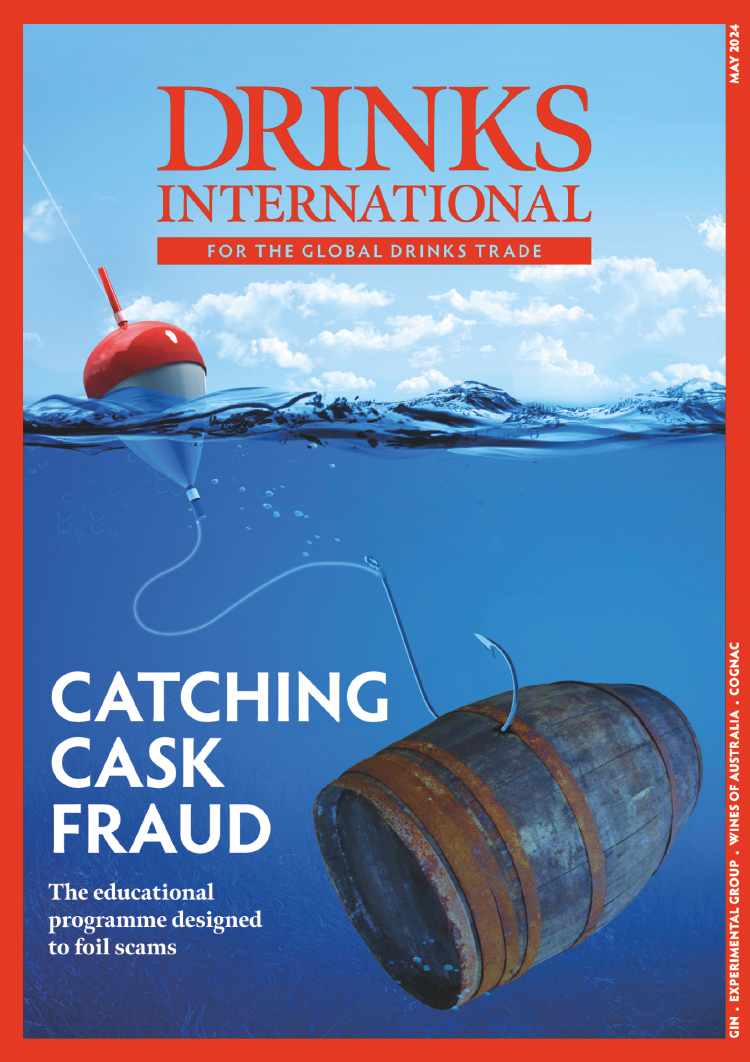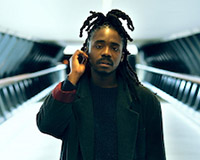NEW INFORMATION
As many in the trade will know, Mount Gay is the oldest rum distillery on record – but it could yet break its own record. Smith knows the guys at the archive: “They’ve found new information on the Mount Gay site that points to the distillation happening from the mid 1660s. The 1703 on the label may have to be revised once they have hard evidence.”
Smith is warming to the topic: “A lot of the connection between the Old World and the New is down to sugar, rum and molasses.” The Portuguese were the first to set up stills on Barbados, says Smith, and he has a theory as to why: “There were no women, no TV, nothing – what are you going to do? You make alcohol and blow your mind away… Though the Portuguese didn’t settle, Barbados took its name from Los Barbados – which are the bearded fig trees along the coast. The British came in 1627, settled the island and started working the land. They introduced sugarcane….”
So how has rum production changed over the 400 years? “For centuries people have been growing cane to produce high yields of sugar,” says Smith. “For rum distillers now it’s the converse. Molasses is more valuable than sugar now, so the focus is entirely different. Now we don’t care about the yield of the sugar but getting the best quality molasses.” So molasses aren’t just molasses? “No. Different cane from different fields is going to have a different elemental analysis. Molasses contains caramel, calcium, magnesium, manganese, potassium, phosphorus… all sorts of minerals which are present during fermentation. They convert the sugars into alcohol but there are other biochemical pathways. For instance, if there is more phosphorus or sulphur they may end up producing other aromatic compounds.”
This sounds a lot like the presence of terroir. “We are pretty sure a terroir effect can be detected and that is going to be playing a bigger role in our business in the future. I think if we knew then what we know now, terroir would have been a factor many years ago.”
Smith knows his stuff – on science and history. His inquisitive mind aligns to both disciplines, and in retirement – four years away – he says he will continue to seek out records and information about the history of Barbados, its colonisation and the rum industry – and perhaps contribute to a book on the subject. “I’m a very curious person – that’s why my background is science. As a history enthusiast I’m interested in the truth rather than the shame [associated with colonisation]. The justification of slavery is totally removed from where we are today – it was a different world. But good or bad, I just need to know.”
Smith says he knows very little about his own family history, which frustrates him. “I’ve always wanted to know my family tree. The maintenance of the records is not what it should be – a lot has been lost. But my surname is Smith, so some guy from the UK who had a family, who had a plantation, who had slaves on Barbados, might have been one of my forefathers. There could be a blood line.” He looks up and smiles: “We may be related – we just don’t know. It’s an interesting world.”
That it is. And Allen Smith, relative or not, is an interesting man to get to know.




